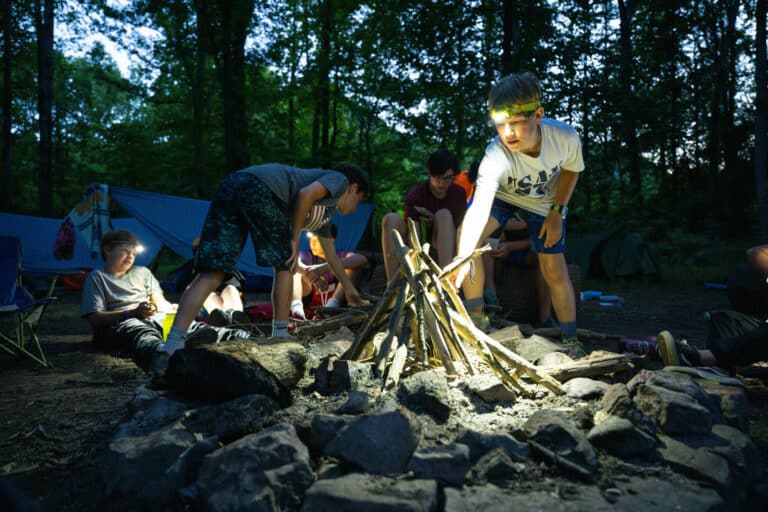Tokyo considers starting Olympic races at 3 a.m. to avoid climate-change-related heat waves
Tokyo, host of the upcoming 2020 summer Olympic games, is considering starting the marathon and race walking events as early as 3 a.m., reports Kyodo, a Japanese news agency. The middle of the night start time is being considered after the International Olympic Committee (IOC) decided to move the races to Sapporo over concerns about heat. Tokyo governor Yuriko Koike said last week that she believes the races should be held in the city. “We have made many preparations and there’s no change in my thinking that [the races] should be held in Tokyo,” she said.
After years of improvement, air quality in the U.S. is declining
Finding it harder to breathe while out for a hike or a bike ride? The feeling isn’t just in your head. A new study shows that damaging air pollution, which had been declining for decades, began increasing across the U.S. in 2016. The data found that fine particulate pollution increased 5.5 percent across the country between 2016 and 2018, after decreasing nearly 25 percent between 2009 and 2015. Nick Muller, a professor at Carnegie Melon and one of the co-authors of the study, calls the change “a real about-face.”
Research suggests that an uptick in driving and natural gas use have contributed to the increase in pollution, even as coal use declines. Wildfires in the West have also contributed to the growing number. Researchers also suggested that relaxed enforcement of the Clean Air Act might have also contributed to the rise in pollution. The analysis shows that the increase in air pollution between 2016 and 2018 was associated with nearly 10,000 additional premature deaths.
An analysis of studies finds that access to the outdoors is more effective than drugs in treating dementia
An analysis of 163 studies that included more than 23,000 people with dementia found that spending time outdoors was more effective than drugs in counteracting aggression and agitation in dementia patients. Researchers found that outdoor activities, including gardening, were more effective than anti-psychotic medication in controlling aggressive behavior and are suggesting that policymakers prioritize non-drug treatments of aggressive and agitated dementia patients.
Worldwide, there are more than 50 million people living with dementia. Seventy-five percent of dementia patients suffer from aggressive behavior, agitation and anxiety.








